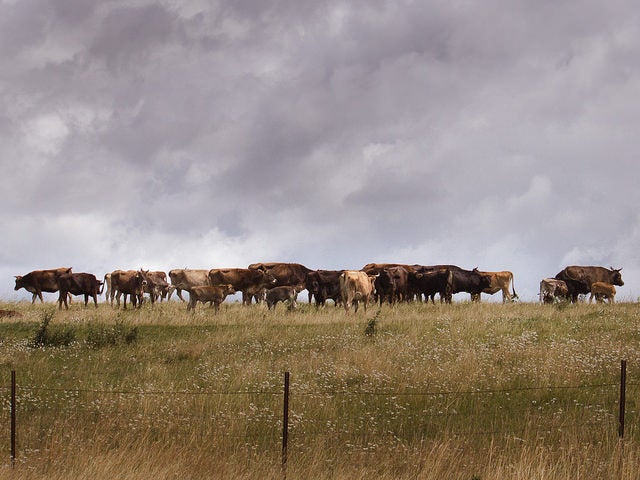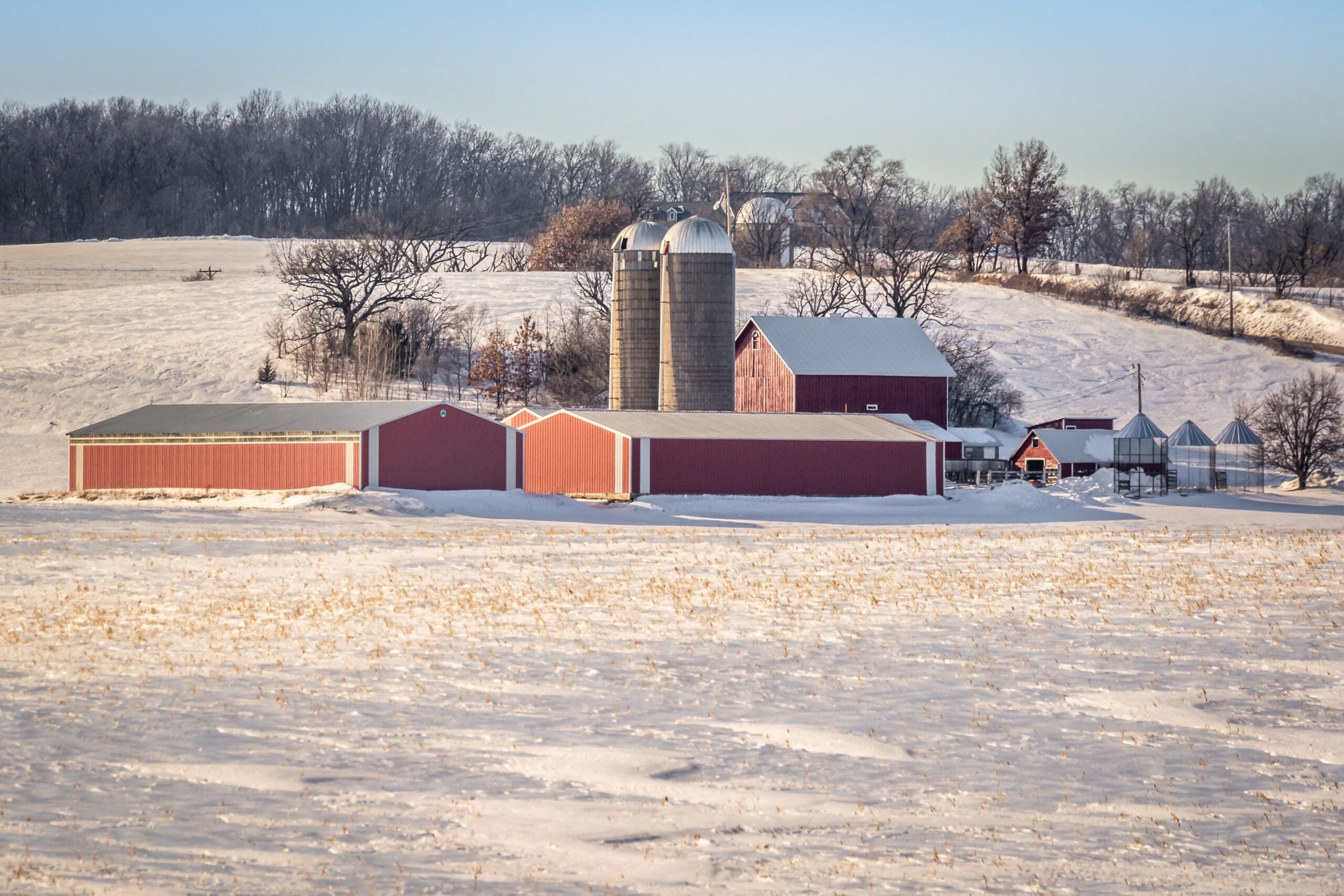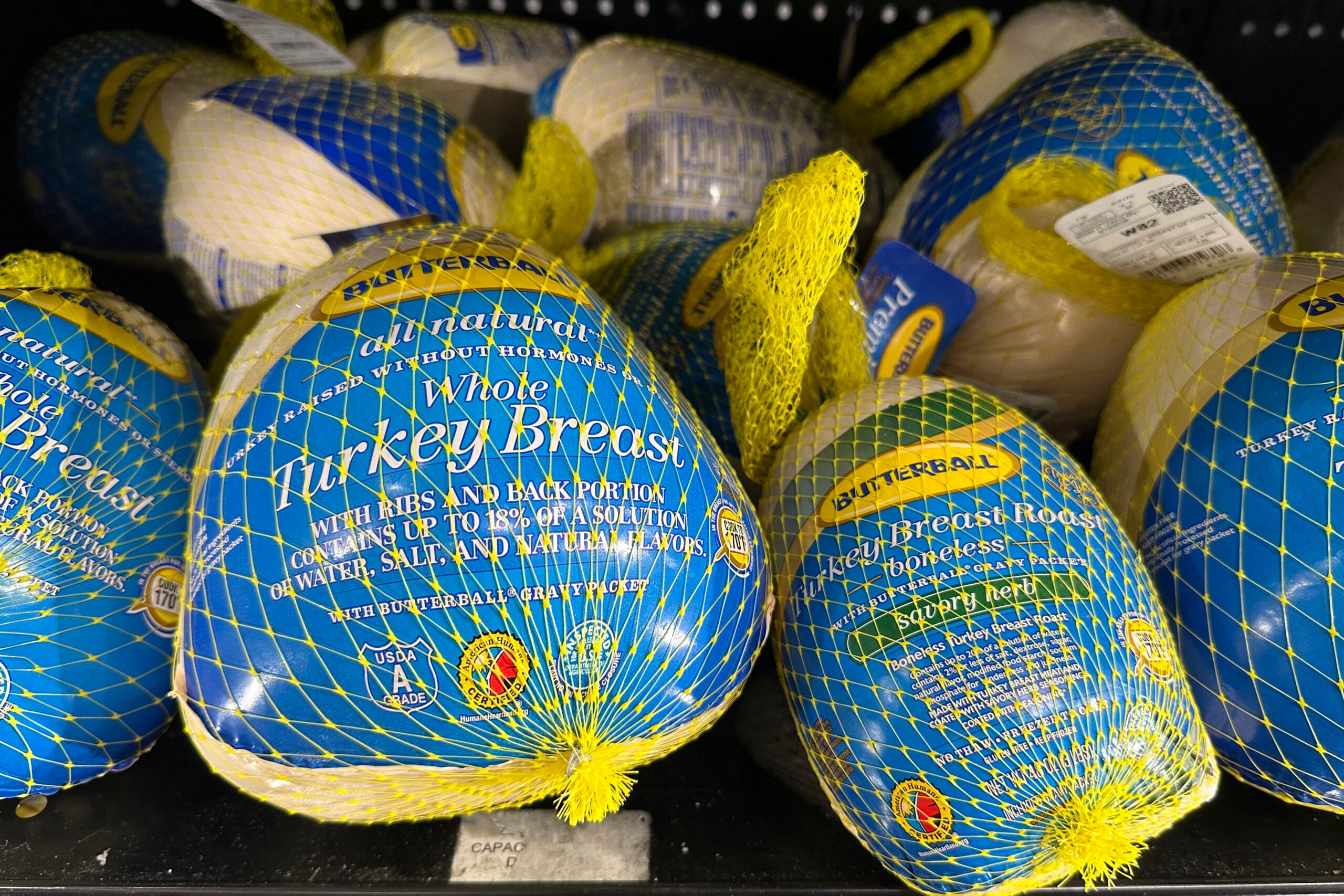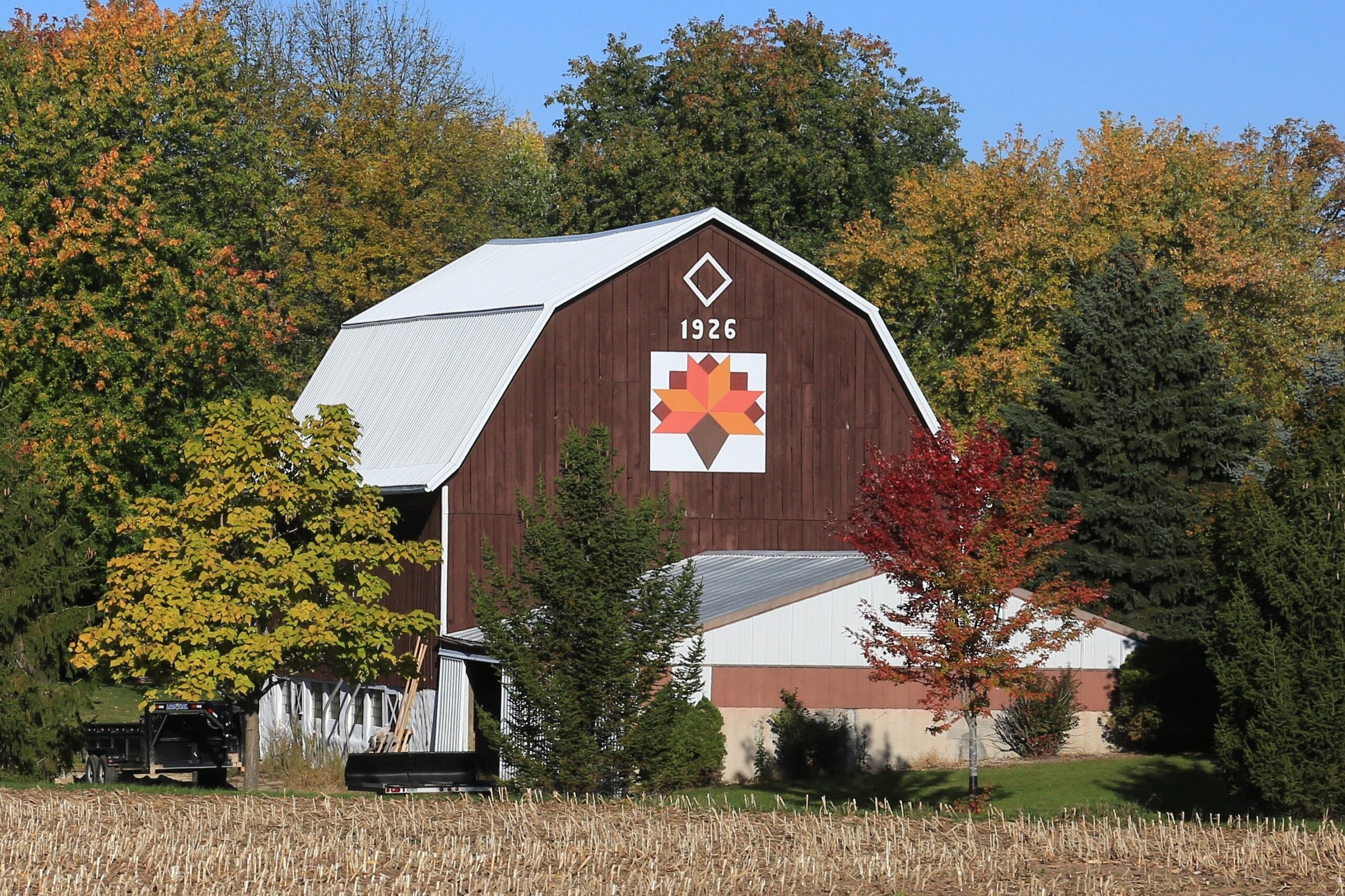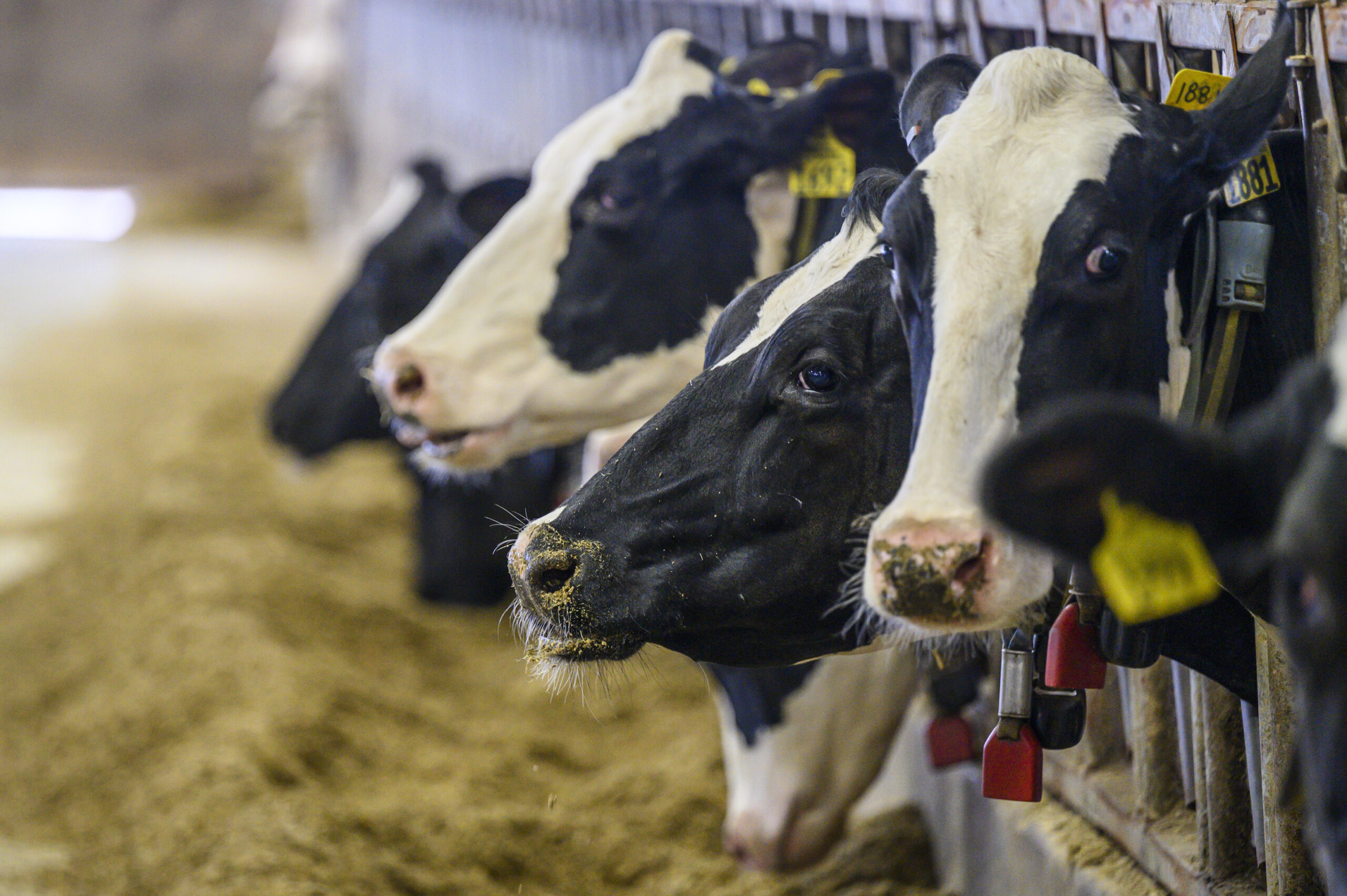Farm incomes are expected to be down nationally this year, though Wisconsin farmers may fare better than others across the country.
According to the U.S. Department of Agriculture’s farm income forecast, the nation’s net farm income will be down 14 percent this year from 2013. The biggest factor in the decrease is dwindling corn and soybean prices, which after a few years of record highs are falling back down to normal levels.
On the flipside, dairy and livestock prices are on the rise. The USDA predicts that farmers could be making record profits on hogs and beef cattle.
Stay informed on the latest news
Sign up for WPR’s email newsletter.
Wisconsin Farm Bureau spokesman Casey Langan said that ongoing droughts in the West and South are having huge effects nationally. He said that farmers get low on feed and have to sell their cattle sooner than they normally would.
“Right now, our nation’s cattle herd is about as small that it’s been in 60 years,” said Langan. “When that happens, that sends a strong message to the market and prices go up. That’s been fueled by incredible demand for beef around the globe, especially in emerging economies like China, India, and Brazil.”
Langan said even though farm incomes are predicted to fall, Wisconsin may not be as hard-hit as some neighboring states. Wisconsin Farmers Union government relations director Kara O’Connor said that’s because many producers diversify their farms.
“We have many farms that combine cropping and livestock,” said O’Connor. “Because those sectors sometimes fluctuate, inverse of one another, our farmers are in a better position to weather the ups and downs of price fluctuation.”
O’Connor said farm incomes could also take a hit as production costs rise, with propane, fertilizer, and corn seed continuing to get more expensive.
Wisconsin Public Radio, © Copyright 2024, Board of Regents of the University of Wisconsin System and Wisconsin Educational Communications Board.

